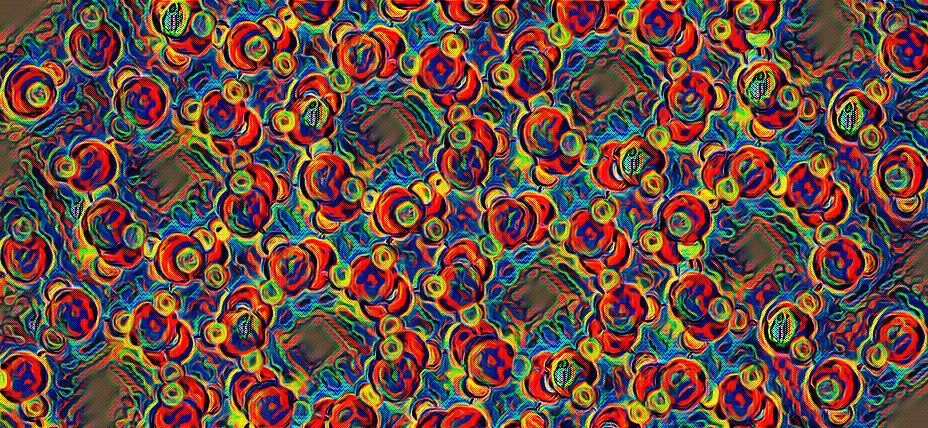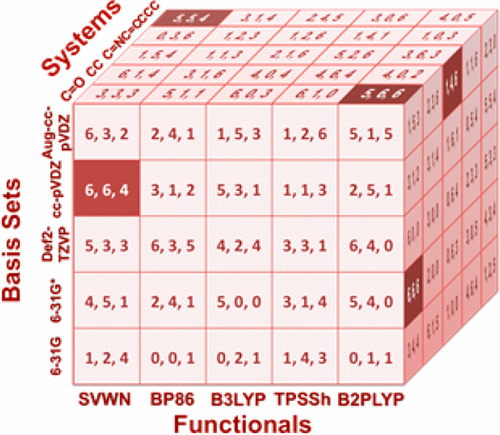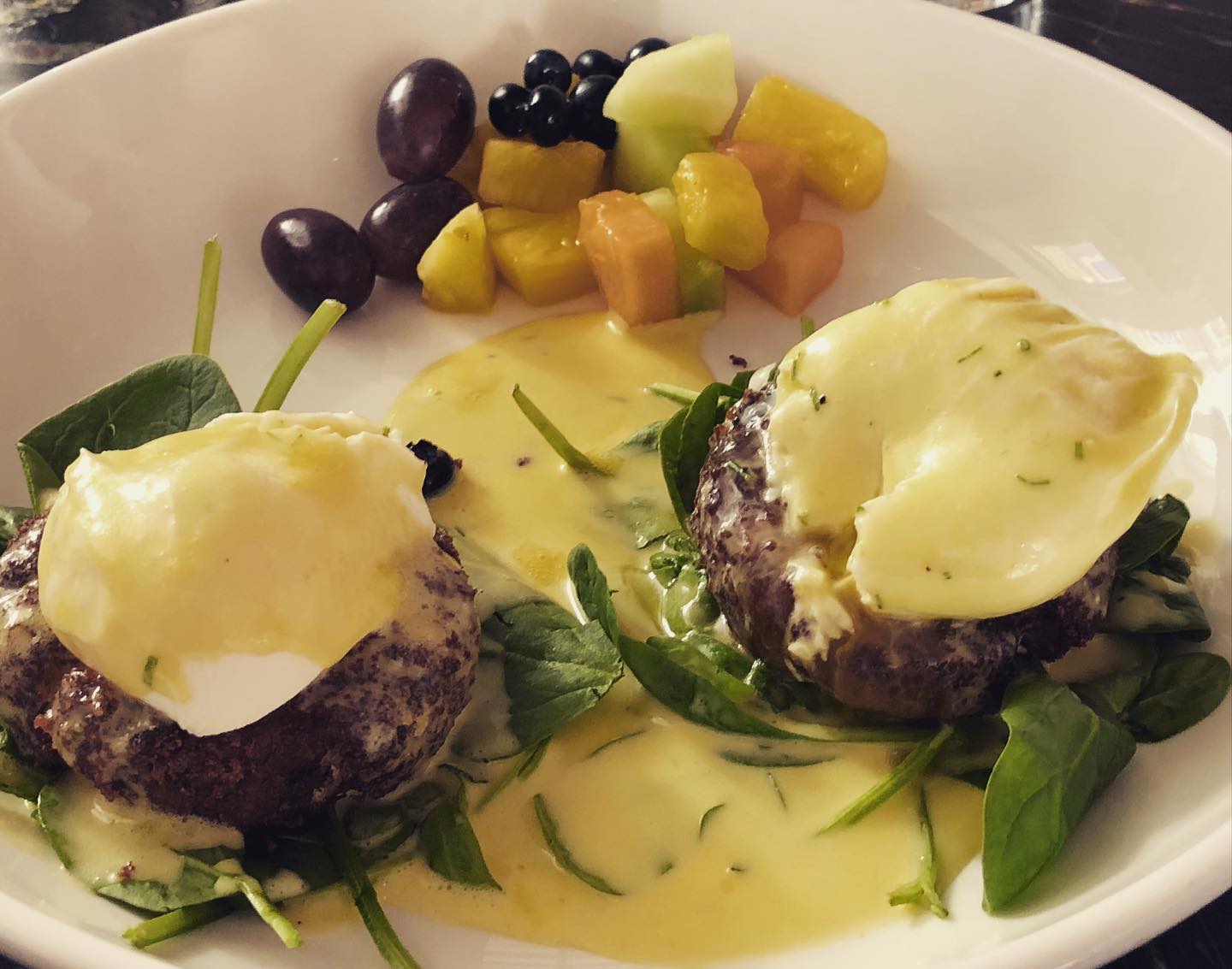Materials Hipster #8: Olexandr Isayev
tags: [materials_hipster machine_learning Olexandr (Oles) recently moved to Carnige Mellon University, Pittsburgh. Oles is the guy I blame for getting me into machine learning - we met when we were both teaching a summer school in X'ian and over street-side clams and beer Oles preached the potential of data driven approaches to materials science and converted me. It's fair to say he has been one of the pioneers in this field with seminal works on representations of crystal structures , generative models and active learning to name a few. I caught up with Oles when he was visiting the UK last summer and we had a great chat over X'ian noodles and cocktails in London!
What’s your favourite all time material?

Ice - I am fascinated, I’ve lost count how many of them, cubic, hexagonal and so on. I never had a chance to work on any of them. And who knows, there might be a superconducting ice phase soon!
What material is super-hot right now?
The usual answer would be perovskite, but I actually think it’s over-boiled right now. I think there are a couple of classes, you have these fancy covalent COF systems and MOFs on one side. On the other side with superconductivity you have hydrides getting great again!
Do you have any top tips for the next big thing in materials science?
I take some inspiration from Steve Jobs - ‘stay hungry, stay foolish’. I think the future of materials might not be systems in those kind of current hot-topics, but there are so many unknowns, so many new things and people should not necessarily restrict to just working on those established systems like perovskites. There are many materials and new phases out there and there are lots of opportunities in them, that’s probably where it’s most exciting to work.
In machine learning for materials there are a couple of cool areas coming up. One is inverse design - it’s opposte to high-throughput screening, you can give the computer a targeted property and it can rationally optimise the structure and composition to maximise that property. In organic molecules prediction we can now kind of do this quite comfortably, but inverse design for inorganic systems is a big thing. Also automated synthesis and materials discovery is a really cool new area.
So my dream is actually a 3D printing kiosk. You come, draw a molecule and push a button, then go for a coffee, or a beer or a gin and tonic, you come back and you have a sample analysed.
If you could only read one journal which one would it be?
Twitter!! I follow my papers on Twitter. I actually don’t think that any current single journal could satisfy my weird interests - but if I had to choose maybe Chemical Reviews, at least you stay updated that way.
Tell me about a criminally under-rated journal
Actually, many computational chemistry journals are under-rated. For example, the International Journal of Quantum Chemistry, you probably never even heard of it but it’s a great journal for theory and computational chemistry. It kind of gets overlooked with the rush of new journals. You know the problem is that people get distracted with all these fancy new journals. But IJQC has a really distinguished community - probably mostly hardcore quantum people - but that means the standard is very good.
To some extent you can say the same thing about the Journal of Chemical Physics. Okay so the impact factor is not super high, but it’s really respectable. If you publish there, then you are doing useful things!
PRL or JACS?
I’m a chemist, it has to be JACS! But I have tried JACS twice and both times failed miserably, never tried PRL.
What’s the best crafted paper you’ve read recently?
It’s a paper from 2017 and actually I think it’s also a criminally under-rated paper. It’s an application of Game Theory to select DFT basis sets and DFT functionals. Because we have a whole zoo of functional and basis sets, choosing the right combo is extremely non-trivial. The idea is that you can automatically get a recommendation of which ones to select for your particular calculation. It’s pretty mind blowing, absolutely outside of the box. The senior author is Mark Waller, he’s an Australian guy, used to be in Germany, now back to Australia, he is super-creative. It’s an absolutely fascinating paper and if you didn’t read it, I highly recommend it:

Who’s papers make you read a bit deeper?
Aron Walsh is actually good for writing papers that make me want to read a little bit deeper. Also Stefano Curtarolo is also pretty good for that - so I hope to learn from these masters! You also find the papers by the classics like Schrodinger, Feynman and they are fascinating. There was a great paper by Lodwin from around 19681 almost calling to apply machine learning to learn quantum chemistry. People who have a deep understanding of theory often write papers that are much deeper than when you first read them and they reward coming back again.
If you were choosing your first postdoc position right now, where would you do it and why?
I think I would go to the UK somewhere! Since I am now in the UK for the first time and it seems like such a fun place to be. I don’t know if I would get accepted to Cambridge or Oxford, but actually I think London would be a lot of fun to be in. I did my actual postdoc in Cleveland and it’s really good scientifically, but you also have a lot of industrial decay in that area and it’s freaking cold in winter!
Favourite conference?
My new favourite is actually this recent meeting that I have just been to. The Royal Society of Chemistry AI in Chemistry meeting (webpage). It’s the second iteration and I really wish them luck. Nathan Brown was included in the organisation and they did a really great job. The quality of the discussion, speakers and networking was absolutely exquisite. They had a nice mix of academic and industry and start-ups. Also Cambridge was a really nice environment.
I really like these short meetings, with fewer people. It’s similar to the Telluride meetings in the US. Nice location, relaxed schedule, lots of discussion and really interesting people. Long breaks are also critical to make sure you interact - 10 minute coffee breaks are pretty useless!
Best conference catering you’ve experienced?
Cambridge again. You can’t beat this Harry Potter style dinner with candle-lights: a formal dinner and at the end cheese and wine. That’s special.
Worst conference catering?
ACS or any big meetings.
What do you do outside materials?

I hike, not as much as I’d like to. I really like photography, so whenever I can escape somewhere I do and I bring my camera. As a result I indulge myself in Instagram too and do some FoodPorn - which covers another of my passions, food! Check out Oles on Instagram here
Whiskey or gin?
Gin!
-
At time of writing we couldn’t track this down - a free drink of your choice from me and Oles to anyone who can correctly identify it! ↩